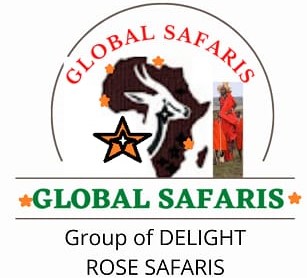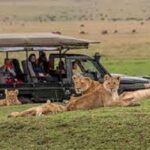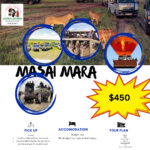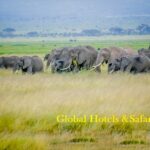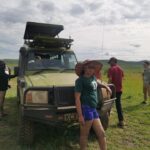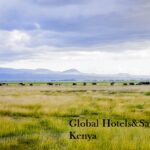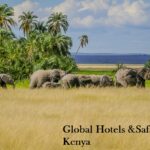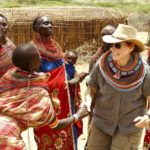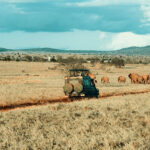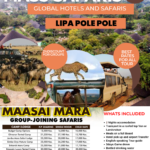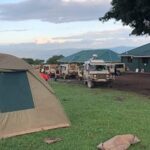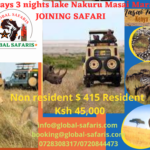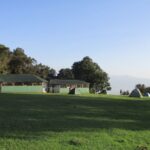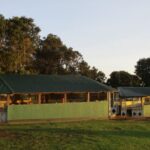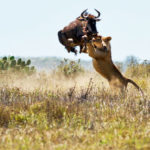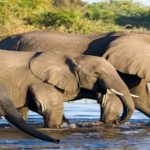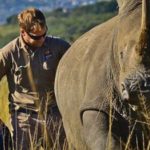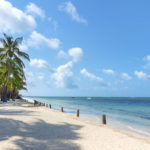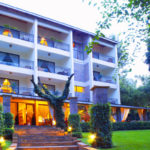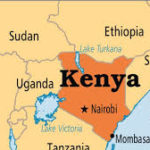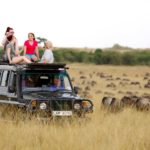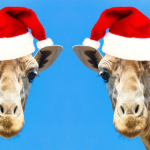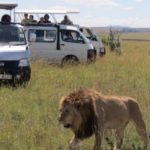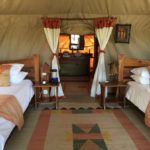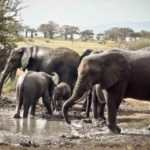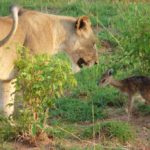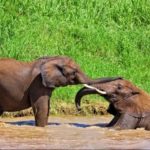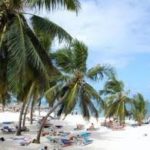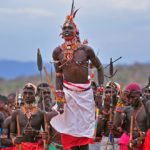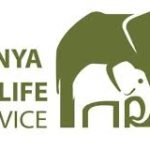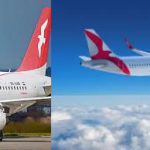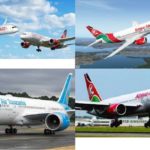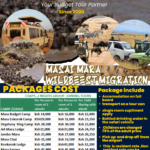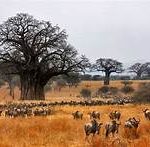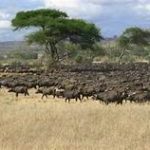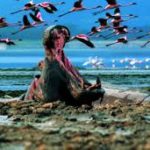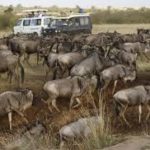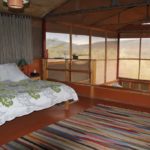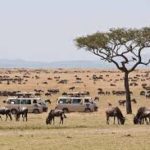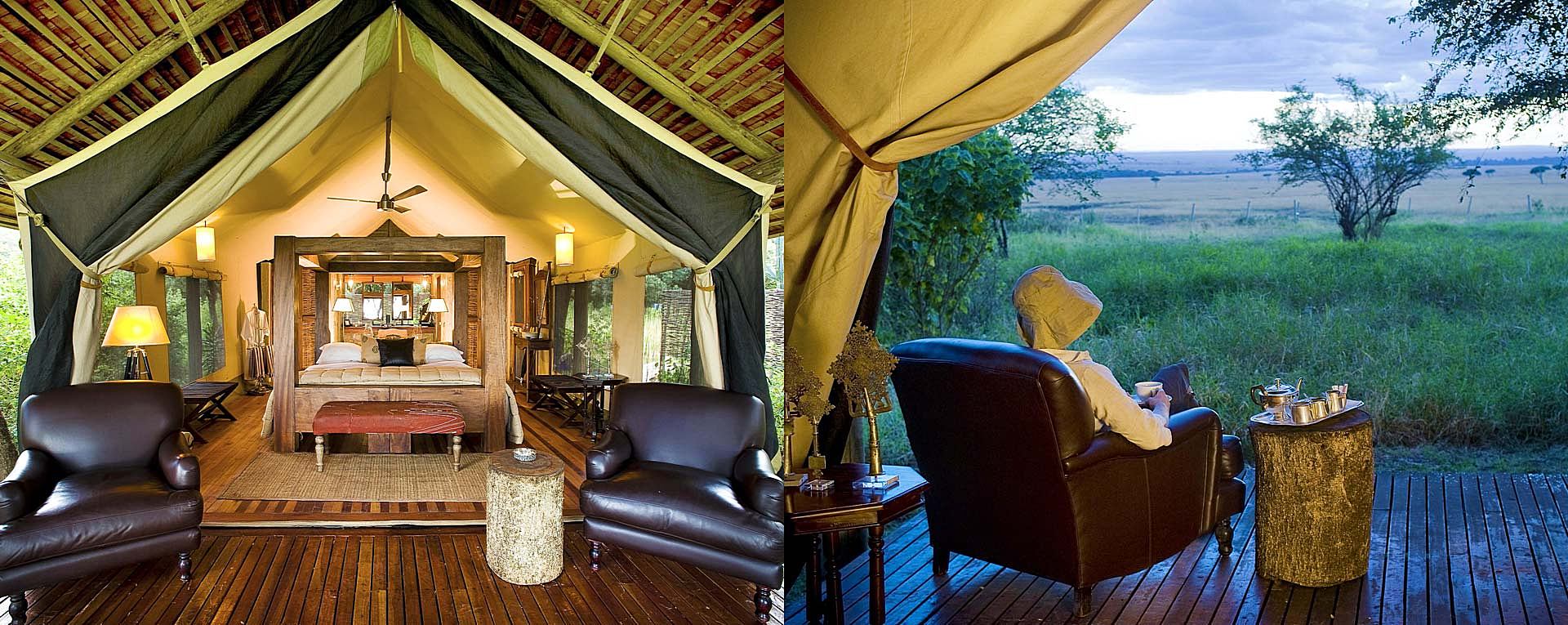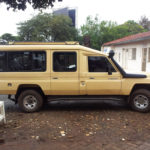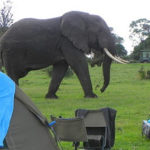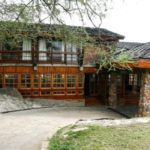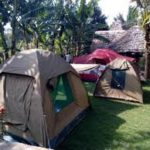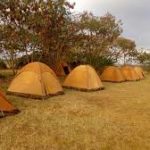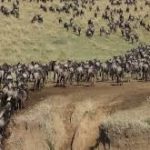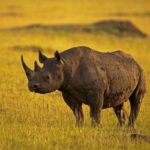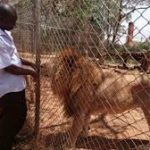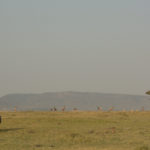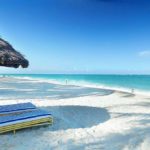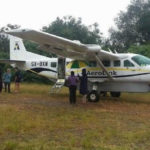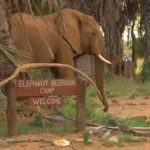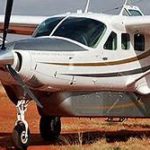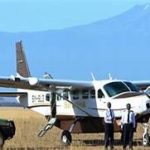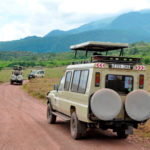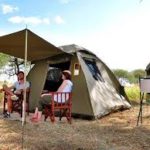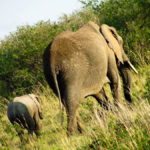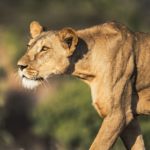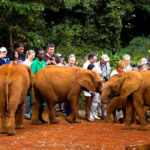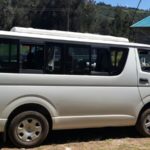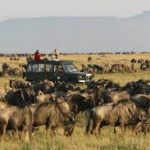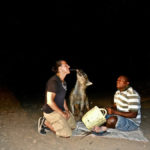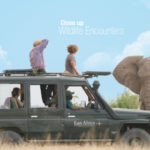2024 Masai Mara Park Entrance Fees
2024 Masai Mara Park Entrance Fees : Narok County Government has confirmed the 2024 Masai Mara Park entrance Fees will be increased to USD 100 per non-resident adult per day from 1st January 2024 to 30th June 2024, and USD 200 per non-resident adult per day, from 1st July 2024 onwards.
Children visiting Masai Mara National Park from 01st January 2024 to 31st December 2024 will start paying USD 50 per day per child. These increased rates were a proposal but have now been confirmed by the County Government as of mid-October 2023.
The increased park entry fees will be applicable to all visitors to the Masai Mara National Reserve beginning January 1, 2024, and we will be updating all current confirmed and tentative bookings to reflect the new rates.
It is critical to note that these increases will help to bolster conservation efforts and improve infrastructure in the Reserve, as well as support surrounding communities and, eventually, enhance the already amazing Masai Mara safari experience.
Camping fees in Masai Mara 2024
Visitors looking to spend a night or two camping in Masai Mara park will also be required to pay a separate fee in addition to park entrance fees.
| Category | Non Residents
Public Private Campsite Campsite |
East African Residents
Public Private Campsite Campsite |
East African Citizens
Public Private Campsite Campsite |
|||
| Adult | USD 30 | USD 40 | KES 1,000 | KES 1,500 | KES 1,000 | KES 1,000 |
| Children | USD 20 | USD 20 | KES 200 | KES 500 | KES 200 | KES 200 |
| Student | USD 20 | USD 20 | KES 200 | KES 500 | KES 200 | KES 200 |
Please Note that private campsite requires a booking fee of 10,000 Kenyan Shillings at the time of booking.
Public Campsites in Masai Mara park include Oloololo, Eluai and Iseiya campsites while private campsites in the park include Kiboko, Dirisha, Kijito, Ndovu and Kishanga campsites.
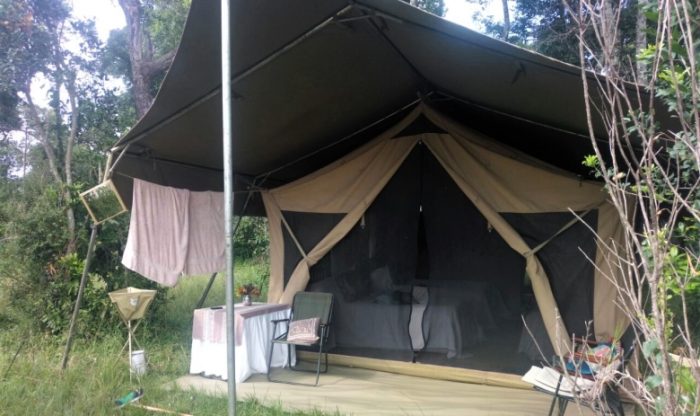
Vehicle Entrance Fees to Masai Mara 2024
Vehicle Entry Fees to Masai Mara National Reserve include;
| Capacity | Fees |
| 6-12 Seats | KES 1,000 |
| 13-24 Seats | KES 3,000 |
| 24-44 Seats | KES 4,000 |
| 45 Seats and above | KES 5,000 |
| Less than 6 Seats | KES 400 |
Trucks
| Capacity | Fees |
| 1-3 Tons | KES 700 |
| 4-7 Tons | KES 2,500 |
| 8 Tons and Above | KES 3,500 |
Ranger Fees in Masai Mara 2024
| Activity | Ranger Fees |
| Game Drive ( more than 6hours) | KES 3,000 |
| Game Drive (less than 6hours) | KES 1,500 |
| Full Night Camp Security | KES 4,000 |
Please note that it is mandatory for campers at private campsites in the park to hire at least two park ranger for night-time security. Park rangers can be transferred to and from your campsite; and food and accommodation for the park rangers is not to be catered for by the visitors.
Other Activities.
| Category | Adult | Child |
| Hot Air Balloon Tour (Per person per landing) | USD 50 | USD 20 |
| Horseback Riding (Per Horse Per Day) | KES 1,500 | N/A |
| Annual Research Permits (Non-Resident) | USD 400 | N/A |
Masai Mara Park Rules and Regulations.
If you are planning to visit Masai Mara park, here are some of the park rules and regulations that you need to follow;
- Always slow down when approaching wildlife in the park. Visitors are prohibited from driving at a high speed when in the park.
- Maintain the park’s speed limit of 50km/hr. on tarmac roads and 30km/hr. on murrum roads.
- Don’t drive off road in high use and river zones inside the park.
- You are prohibited from chasing or harassing wildlife in the park.
- Do not cross over to the Tanzanian Border.
- Do not litter the park.
- Visitors are advised to leave the park or report to the camp/lodge by 7pm.
- Not more than 5 vehicles are allowed at wildlife sightings.
- Visitors are not allowed to shout, clap nor cheer while in the park.
- Visitors are also prohibited from getting out of your vehicles at river crossing points.
- You are not allowed to sit or stand on your vehicle’s roof at any given time while in the park.
Also important to note is that before leaving the Mara Triangle, fines must be paid at the ranger station. Please ensure that you have a payment receipt. Failure to pay penalties might result in a six-month exclusion from the Mara Triangle, depending on the offense.
Brief Background on Masai Mara National Reserve.
The Masai Mara National Reserve is part of the larger Mara ecosystem, which encompasses the Mara Triangle and other Maasai conservancies such as Kerinkani, Kimintet, Koiyaki, Lemek, Maji Moto, Mara North, Naikara, Ol Chorro Oirowua, Ol Derkesi, Olkinyei, Oloirien, and Siana. The reserve is drained by three large rivers: the Talek River, the Sand River, and the more famous Mara River.
The reserve is mostly made up of open grasslands, seasonal rivers, and acacia trees. There are two different rainy seasons in the Maasai Mara Reserve. There are lengthy rains from April to May and brief rains from November to December.
The administration of Narok County (known as Narok County Council) manages the most frequented area of the Maasai Mara to the east, while the Mara Conservancy manages the Mara Triangle to the west.
The reserve’s outskirts, where the majority of the local Masai villages reside, are overseen by elected Masai chiefs. Most of the migratory wildebeest reach the Maasai Mara National Reserve through the Mara Triangle.
In summary; the Maasai Mara National Reserve in Kenya is one of Africa’s most popular and well-known animal conservation places. It is well-known for being home to the big five mammals: elephants, leopards, rhinos, lions, and buffalo. The Masai Mara is the only wildlife reserve/national park in Kenya that has a native black rhino population.
For BOOKING/RESERVATION TALK TO US
GLOBAL HOTELS &SAFARIS (GROUP OF DELIGHT ROSE SAFARIS )
EMAIL ;globalsafaris25@gmail.com
whats app 0728308317
or fill the below form
